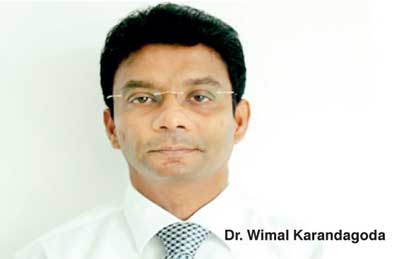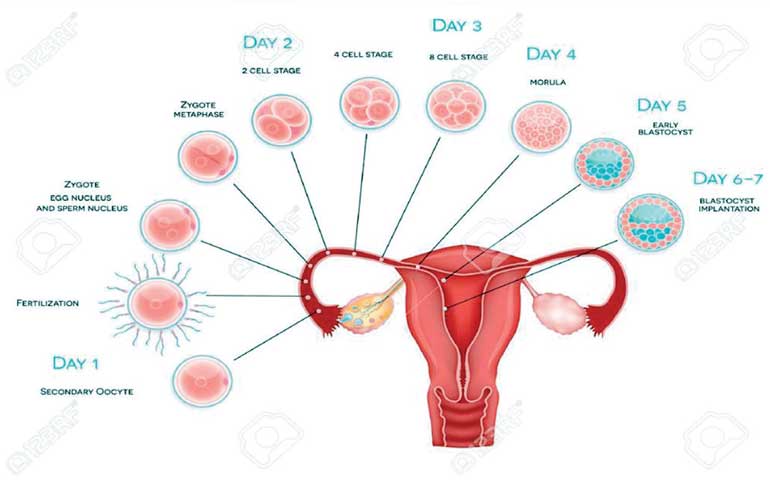Friday Feb 27, 2026
Friday Feb 27, 2026
Monday, 28 December 2015 00:00 - - {{hitsCtrl.values.hits}}
 With over 830 successful deliveries and 142 ongoing pregnancies – the highest in Sri Lanka, Lanka Hospitals’ Fertility Centre announces the first pregnancy of Blastocyst Culture (Day 5) embryo transfer.
With over 830 successful deliveries and 142 ongoing pregnancies – the highest in Sri Lanka, Lanka Hospitals’ Fertility Centre announces the first pregnancy of Blastocyst Culture (Day 5) embryo transfer.
The hospital’s Director Medical Services Dr. Wimal Karandagoda said the advancement in technology and the fertility clinic’s commitment in ensuring that each patient receives fullest attention made this milestone a reality.
While the prevalent procedure can culture embryos up to 3 days, the 6-8 cell developmental stage, culturing embryos in the incubator for 5 days creates Blastocysts giving the mother more probability to conceive.
After fertilisation, the embryos develop from 2 cells to 8 cells in 3 days. This happens in fallopian tubes. Subsequently, the embryo develops to Blastocyst, followed by its development in the next 2 days in the uterine cavity where implantation occurs. Therefore, Blastocyst transfer mimics the natural process in the uterine cavity and implantation.

Commenting on this momentous occasion, Dr. Nishendra Karunarathne, consultant Obstetrician and Gynaecologist said, “Although, it is a day 5 Blastocyst transfer, our highly skilled and specialised team checks both partners at the initial stage. The sperm count of the male partner is checked, while for females we conduct a Trans Vaginal Scan or 3D scan to identify pelvic pathology.”
Balstocyst culture makes conception a possibility for patients who do not conceive in day 3 transfers. After the transfer, the remaining Blastocysts will be frozen (vitrified) and preserved for 5 years for consecutive pregnancies. The second possibility is to culture Day 3 frozen (Vitrified) embryos up to Blastocyst in the incubator for 2 days and perform a Blastocyst transfer.
Speaking on the successful conception of Blastocyst culture and transfer, Dr. Madara Ralapanawe, Clinical Embryologist said the hospital’s clinic operates with technology that is on par with the best fertility centres in the world. “Blastocyst culture will further increase our success rate to 50%,” he noted. Lanka Hospitals is expecting their 1000th IVF delivery in October 2016.
